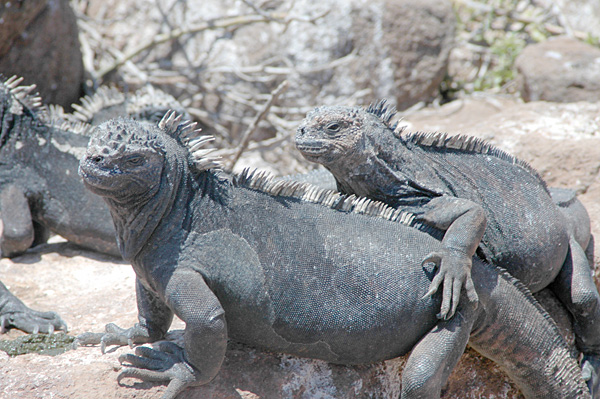 Jenn made the mistake of telling me that she was certain to win an online wager to see who could get the closest to Christmas without hearing the song, "Little Drummer Boy." She foolishly mentioned this while I was in the very act of trolling Youtube for oddities. Within moments, her dreams were crushed as a terrible modern rock version was pumping (rump a pumping?) out of our tiny, tinny computer speakers. I don't remember what she threw at me, but Christmas was definitely on.
Jenn made the mistake of telling me that she was certain to win an online wager to see who could get the closest to Christmas without hearing the song, "Little Drummer Boy." She foolishly mentioned this while I was in the very act of trolling Youtube for oddities. Within moments, her dreams were crushed as a terrible modern rock version was pumping (rump a pumping?) out of our tiny, tinny computer speakers. I don't remember what she threw at me, but Christmas was definitely on.One of the glorious things about living in a predominantly Muslim country is that it affords you the opportunity to allow Christmas into your life in small, digestible pieces without much of the wanton commercialism that has come to define the birth of Jesus in America. There are lights in some places and there are creepy Egyptian mannequins in shop windows wearing ill fitting Santa suits. But, by in large, it is a low key event.
The exception to this is at the American school where I teach. It is a school populated by international expats from all reaches of Christendom and a large group of demonstrative, filthy rich Egyptians (mostly Muslim, but with a love for gift giving). There is considerable competition to see which room parent can raise the most money to buy extravagant presents for classroom teachers. Tales of gifted iPhones and pearls replace discussions of curriculum in faculty meetings throughout advent. I am a special ed teacher. While my general education colleagues were raking in Amazon.com cards and bottles of single malt scotch, my kids seem to have forgotten their presents at home - possibly on the counter with their homework. I am not bitter. I don't like expensive presents and am grateful for the bottle of maple syrup and a partially consumed bar of dark chocolate that I did receive. It really was partially eaten. I do not make this stuff up.
In a gesture that probably seemed ironic the first time they did it twenty years ago, Santa arrived at our last school assembly on the back of a camel. While not quite as common as cars in Cairo, camels are not particularly rare and all of our kids have seen or ridden on one at some point during their stay in Egypt. Still, they love the moment when the enormous beast invariably urinates all over the school lawn. The kids will be remarking about the amazing volume of pee expelled until the cycle repeats itself next year. What would Christmas be without traditions?
We bought a live tree that is small and bordering on being too obvious in its likeness to a certain, unnamed cartoon boy's tree. We didn't bring ornaments with us from Texas, so the girls made some while I played DJ, finding carrols online by the likes of Lou Reed and Dwight Yoakem. Luci worked on construction paper stars and Mina ripped the heads off of Luci's Barbies to attach by yarn to the small, almost pathetic branches. Some blinking lights and garland narrowly save the tree from appearing to be a yuletide homage to the French revolution.
And so I played more versions of "Little Drummer Boy." I like the tune, but have some sort of word/sound aversion to the phrase, "rump a pum pum." It just sounds wrong and makes my skin crawl. In the Johnny Cash version, the man in black won't even sing that bit. In his brilliant baritone, he practically grumbles the cool parts while a small choir of lessers follows him around, chiming in with the annoying "rump a pum" bit. The worst rendition we heard was by the Cranberries. Jenn disagrees, but I am convinced that her Irish accent is fake and that she is actually from Plano. I remember faking an English accent once. Many people do it. Some people don't know when to stop. The coolest of cool versions of the tune has to be the one by David Bowie and Bing Crosby. Their singing is great, but it is the funny banter between the two before the music starts that is priceless.
 We will probably not have port or tamales this year. Nor will we have the opportunity to see many of our friends and family (though Jenn's folks are visiting for the holiday). There are traditions that will be missed or poorly recreated. But we are healthy, the weather is fantastic, and we have survived another year of transitions and apocalypses with more smiles than tears. And so it goes until the next time we find ourselves on this side of the sun.
We will probably not have port or tamales this year. Nor will we have the opportunity to see many of our friends and family (though Jenn's folks are visiting for the holiday). There are traditions that will be missed or poorly recreated. But we are healthy, the weather is fantastic, and we have survived another year of transitions and apocalypses with more smiles than tears. And so it goes until the next time we find ourselves on this side of the sun.















































